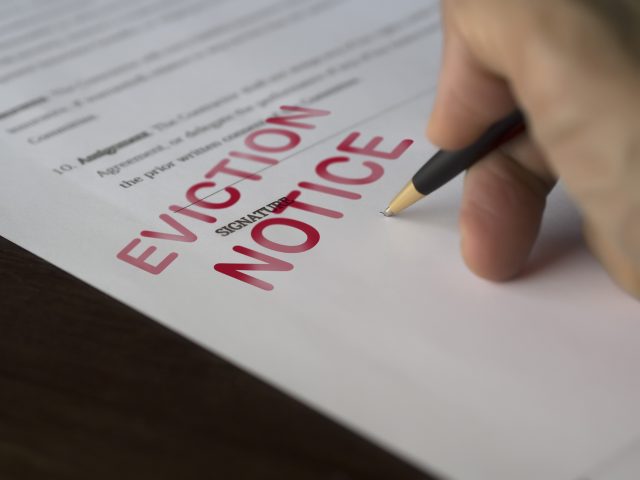
Mark Fearer’s piece on common problems faced by tenants (“The Unrepentant Tenant,” Sept. 8, 2022) and the mention of the Boulder housing code caught my attention. While most articles focus on tenants’ rights, there is a dearth of information available to landlords on how they can navigate the housing code. In my experience, many landlords are unaware of the specific requirements outlined in the code.
Under the Boulder housing code, landlords have key rights and responsibilities when it comes to leasing out a property. As a property owner, it’s important to read up on key provisions of the housing code. By understanding your rights and responsibilities in terms of maintenance, disability discrimination, dispute resolution and constructive eviction, you’ll be able to keep tenants happy, avoid disputes and even stay out of unnecessary legal trouble.
Maintenance responsibilities
When it comes to maintenance responsibilities, the landlord is legally required to make repairs and maintain the rental (excluding common areas and facilities in multi-unit properties) as long as this agreement is defined in the lease. Repairs or maintenance may also be legally required by the property owner if they’re needed to make the rental adhere to the City of Boulder Housing Code, §10-2-1, et seq., BRC 1981 — unless this responsibility is defined as belonging to the tenant in the lease. The landlord is also required to make repairs if the rental is in a condition that endangers the tenant’s life, health or safety (CRS §§38-12-501 through 511), or if it’s uninhabitable or unfit for reasonable use (CRS §§38-12-501 through 511).
When it comes to reading up on your maintenance responsibilities, the Landlord-Tenant Handbook is a great resource. The handbook summarizes existing State of Colorado and City of Boulder residential landlord-tenant law and describes best practices for matters relating to residential rental properties.
Disability discrimination
As outlined in the Landlord-Tenant Handbook, “a landlord may not discriminate against a tenant on the basis of race, creed, color, sex, sexual orientation, gender identity, gender expression, genetic characteristics, marital status, religion, religious expression, national origin, ancestry, pregnancy, parenthood, custody of a minor child, mental or physical disability, source of income, family status or immigration status, unless otherwise required by law, of the individual or such individual’s friends or associates (BRC §12-1-2).”
When it comes to disability discrimination, under federal and Colorado law, landlords are required to make reasonable modifications to the rental as long as the modification is necessary to give the person with a disability “full enjoyment of the premises.” In some cases, a landlord may decide to grant permission for a modification to be made to the property as long as the tenant agrees to restore the interior to its prior condition.
For instance, if a tenant uses a wheelchair, access ramps will need to be installed at entrances to the property as well as inside if there are any steps leading into rooms. Not allowing a tenant who uses a wheelchair to install an access ramp is considered discriminatory under state and federal law.
Dispute resolution
If a dispute arises, landlords and tenants should aim to resolve the situation together without the need for third-party assistance. If this isn’t possible and outside help is required, Boulder landlords can get in touch with the City of Boulder Community Mediation and Resolution Center (CMRC). The City of Longmont also offers mediation support for residents.
Mediations take place either online or in-person depending on the needs and convenience of both parties. This service is currently free of charge.
Smart strategies for preventing constructive eviction claims
A constructive eviction claim may be made by a tenant if the leased property becomes unlivable. This may occur if the landlord doesn’t resolve a reported problem — such as a maintenance issue or a pest problem — in a timely manner. Or, the rental could be made uninhabitable if the landlord takes an action that interferes with the tenant’s quality of life (such as taking away an amenity previously accessible or making threats).
Tenants have the right to live peacefully in their rental, which means property owners are unable to interfere with a tenant’s reasonable use of a property. Otherwise, the tenant is within their rights to break their lease and seek damages if necessary.
To prevent a constructive eviction claim, property owners should take care to respond promptly to the tenant’s request and keep the tenant updated regarding efforts to fix the situation. If the problem will take some time to solve, be accommodating of the tenant’s needs (for example, offer reduced rent in the meantime).
Contractors should be monitored. If they’re not working fast enough, hire someone else. If the issue simply can’t be resolved within a reasonable time period, allow the tenant to exit the lease.
Jackie Edwards is a semi-retired property manager.














